January 18, 2024
Office trends may come and go, but some values (such as good ergonomics) are eternal
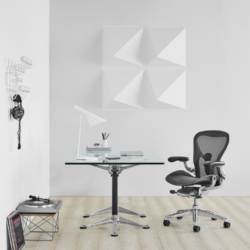 In 2024, Wellworking celebrates 25 years of being in business, a milestone I’m proud of in such a competitive market. A lot has changed over that time, and I’m excited by just how much working habits will transform over the next few decades too. When I first established the company in 1999, it was called Home Working Solutions as I felt there were increasing numbers of people working from home that needed appropriate furniture to do that. It was important to me that they had access to quality ergonomic products as I felt that people working from home had very few options on offer at the time. (more…)
In 2024, Wellworking celebrates 25 years of being in business, a milestone I’m proud of in such a competitive market. A lot has changed over that time, and I’m excited by just how much working habits will transform over the next few decades too. When I first established the company in 1999, it was called Home Working Solutions as I felt there were increasing numbers of people working from home that needed appropriate furniture to do that. It was important to me that they had access to quality ergonomic products as I felt that people working from home had very few options on offer at the time. (more…)







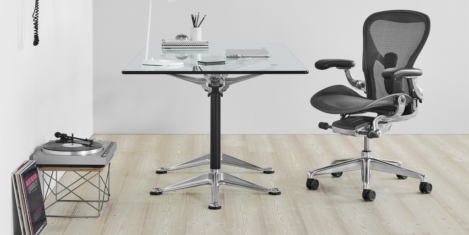







 This was originally published in December 2020. All happy families are alike; each unhappy family is unhappy in its own way. As is now the way of these things, the famous opening words of Anna Karenina have been used to name a principle that is applied across a wide range of fields. It describes how success can only happen in one way, but failure comes in many forms.
This was originally published in December 2020. All happy families are alike; each unhappy family is unhappy in its own way. As is now the way of these things, the famous opening words of Anna Karenina have been used to name a principle that is applied across a wide range of fields. It describes how success can only happen in one way, but failure comes in many forms. 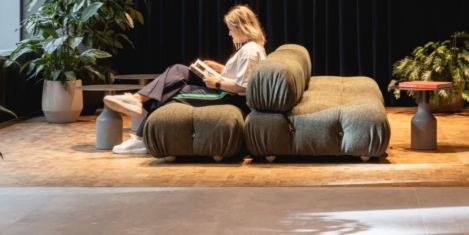
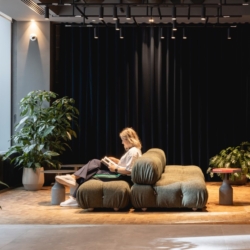

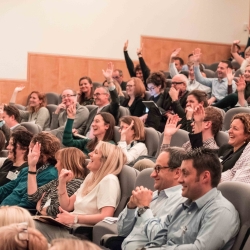


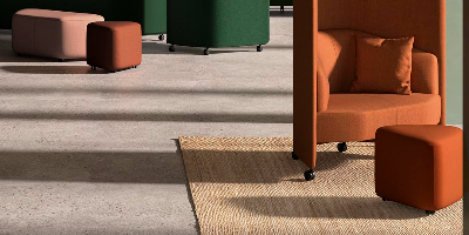
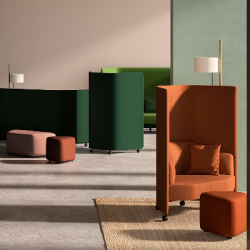

 A recent survey conducted among LABS members shows that the physical office space still has a valuable place in the mindset of how they want to work. More than seven in ten of those questioned said the office is a strategic device for their businesses, and more than 74 percent of members questioned use the office for two days or more per week.
A recent survey conducted among LABS members shows that the physical office space still has a valuable place in the mindset of how they want to work. More than seven in ten of those questioned said the office is a strategic device for their businesses, and more than 74 percent of members questioned use the office for two days or more per week.










December 7, 2023
What ever happened to The Great Resignation?
by Mark Eltringham • Comment, Wellbeing